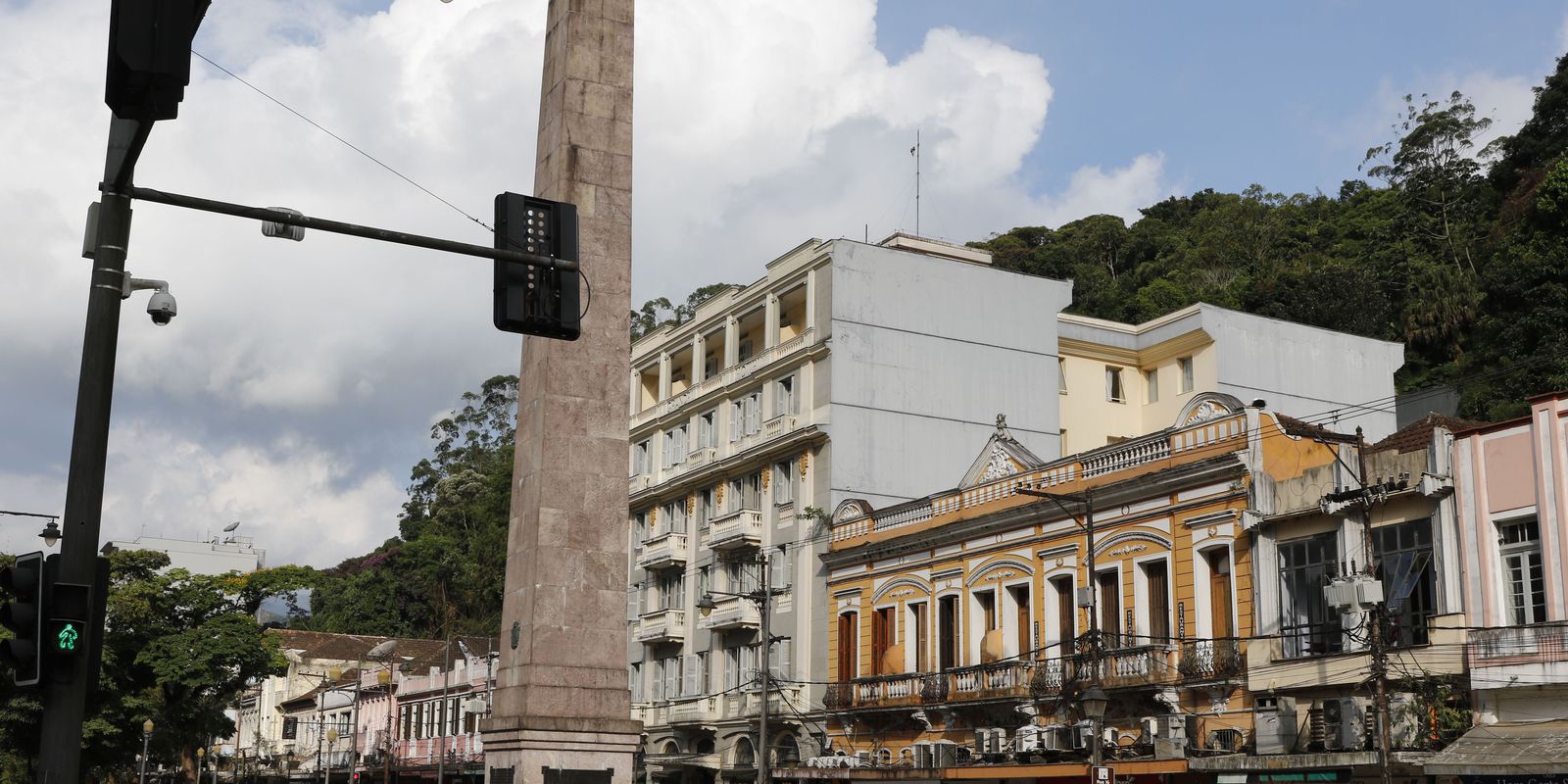The director of Espacio Público, Andrea Sanhueza, referred to Chile’s return to the Escazú Agreement, which was rejected by President Sebastián Piñera despite having been in favor in the first instance. The fact, which left Chile out of a pact with 12 other actors in the region to address environmental problems, will be taken up by the future President, Gabriel Boric, who showed his commitment to be part of the agreement.
in conversation with The Counter at La ClaveSanhueza pointed out that this treaty will allow people to participate in a so-called “environmental democracy”, where three fundamental rights for citizenship are addressed.
“The Escazú agreement is an agreement that addresses the issue of environmental democracy. That is, how decisions are made in environmental matters. And when we say democracy we refer to three fundamental human rights: access to information, citizen participation and access to justice. That is, any person under that agreement once it begins to be implemented in Chile, who wants to have information about a project, about a decontamination plan, can have those rights better guaranteed,” he pointed.
Regarding the bets that this agreement proposes, Sanhueza anticipated that Chile’s participation in this agreement will allow various problems that are part of environmental decisions to be solved, such as the way in which the population can send their queries and that not so technical information is delivered, as is customary today.
“On the one hand, it will reduce environmental conflicts, which, as we well know, Chile has several, because if people have the information they want about the project, they understand it and then they have an institutional channel, by which I mean a procedure installed by the Government where they can send their observations and these are taken into account in a timely manner, which is what does not happen today, that should reduce the conflict, because many of the conflicts today are associated with not understanding what it is about, not receive the information that is generally very technical and above all not being able to influence the decision on that project,” he asserted.
“Secondly, the big bet that this agreement also includes for the first time, is articles on the protection of environmental defenders. Fortunately, Chile is not a country that has a serious reality in this regard, but we have been getting worse,” he said.
“That is what the agreement is about, how people, through information, can understand it and channel our proposals, concerns, criticism, in a way that the State takes charge of that,” he added.
After the lawyer Constance Nalegach has been appointed as the head of the Office of International Affairs by the Minister of the Environment, Maisa Rojas, she makes clear the intention of the future Government to retake the national income to the agreement.
In this regard, Sanhueza anticipated what will be the main environmental challenges that the incoming government will have, where there is special attention to the recent approval of the “Los Rulos” thermoelectric plant, added to the implementation of the water code, among others.
“Without a doubt it will have two or three major issues. The issue of energy transition and the entire decarbonization project and that is why the decision to approve this thermoelectric plant “Los Rulos” has been so unhappy because it is precisely to continue producing energy with coal. That is a great issue and a commitment of this government,” he said.
“The entire climate change agenda, to be able to implement the plans that Chile has already committed to at the international level, then start the entire process of implementing the Water Code and that environmental groups and also technical and scientific groups consider it to be a important advance in the region,” he added.
Personally, Sanhueza points out that one of the main challenges of the incoming government will be related to how the population can be a more active part in the discussion of environmental matters.
“How environmental decisions are made and being able to at least better channel and hopefully reduce the socio-environmental conflict that exists in the country, which is important. Today the citizenry does not have many channels other than to protest, to learn about the projects and being able to be part of its decisions and that there is transparency about the impacts that these projects are going to have,” he said.
“It is closely associated with the threats and intimidations that environmental defenders have suffered in the country,” he concluded.








